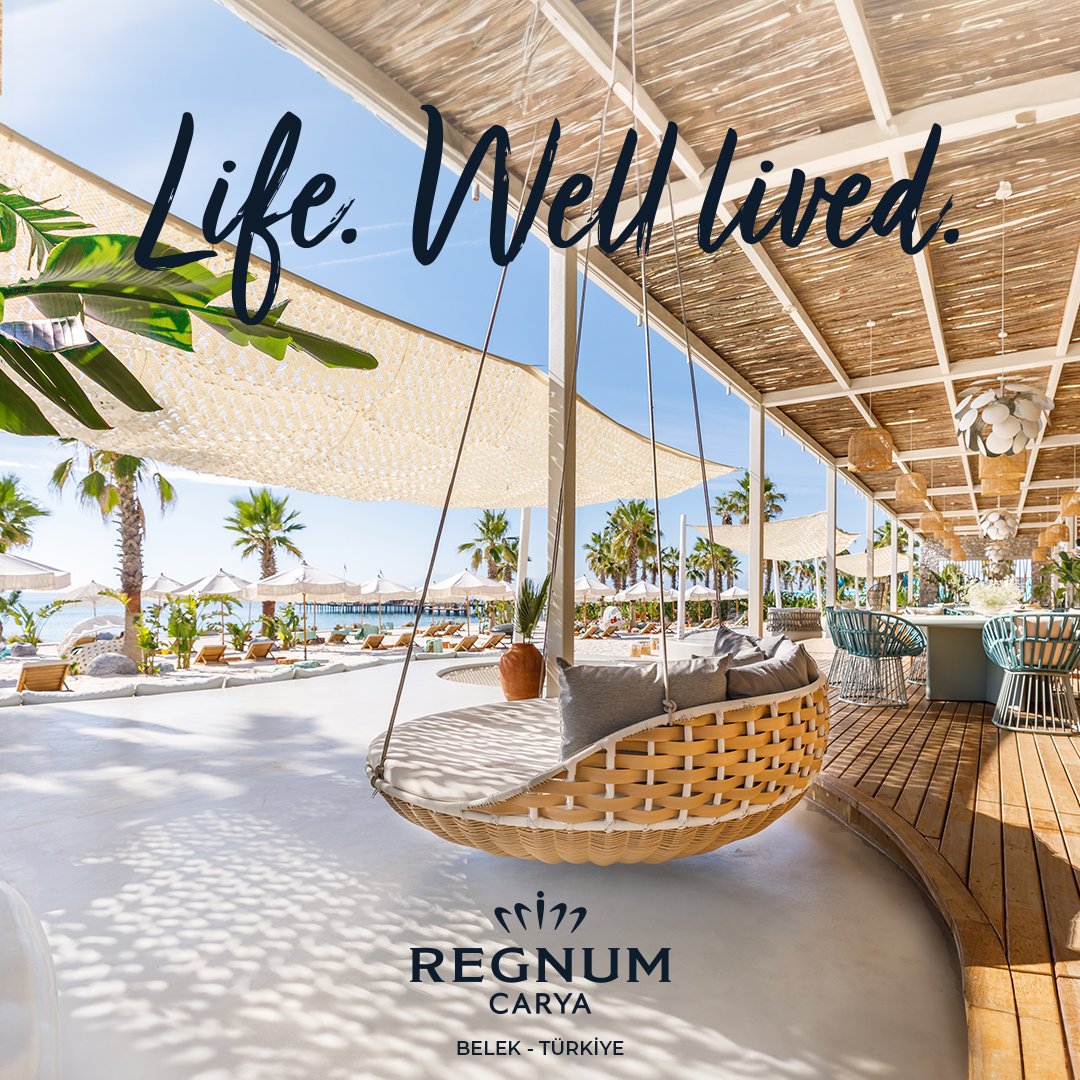Europeans eager to travel with growing interest in quieter places
- 7/16/2025
- 228 Day

Travel remains a top priority for
Europeans, with 77% planning to take at least one trip between June and
November 2025. Despite ongoing economic pressures, most intend to maintain or
even increase their holiday budgets in the coming months, according to the
latest “Monitoring Sentiment for Intra-European Travel” Wave 22 report from the
European Travel Commission (ETC).
Travel demand remains high across all age groups, with
the strongest intentions seen among Europeans aged 55 and over — 82% of whom
plan to travel. This is closely followed by those aged 45 to 54 (79%) and 35 to
44 (78%). While travel intent is somewhat lower among 18–24-year-olds, 66%
still plan a trip, despite more commonly facing financial and time-related
barriers.
Europeans open to off-peak travel
July and August remain the most popular summer holiday
months, each chosen by 25% of Europeans. However, September is emerging as a
strong contender, with 22% of Europeans planning trips that month. This strong
preference for early autumn travel suggests that a significant share of
travellers are open to off-peak options, motivated by milder weather, fewer
crowds, and better value for money.
Regional travel on the rise
A vast majority of Europeans (91%) intend to travel
within the continent in the coming months, while just 8% are considering trips
beyond Europe — a limited figure likely linked to higher costs and ongoing
geopolitical uncertainties abroad.
Within Europe, interest in domestic (26%) and
neighbouring country travel (33%) remains steady. However, a growing share of
Europeans (32%, up 5% from last summer) are looking beyond their neighbouring
countries to more distant destinations across the continent. This shift could
be motivated by a rising appetite for culturally distinct experiences that
still offer the familiarity, safety, and ease of intra-European travel.
The Mediterranean remains the most sought-after region
this season. Spain leads as the top choice (13%, up 5% from year-on-year),
followed by Italy (10%), France (8%), and Greece (6%).
Summer travel shifts toward quieter and
less crowded destinations
Europeans are becoming more aware of the uneven
distribution of travel flows across some destinations and throughout seasonal
peaks. Concern about “too many tourists” at preferred locations has risen by 3%
since summer 2024, alongside a growing emphasis on choosing less crowded
destinations — now a priority for 11% of travellers, up 4% from last year.
In line with these preferences, 55% of Europeans plan
to spend their 2025 summer holidays in less popular or off-the-beaten-track
destinations, compared to 48% in spring 2025. Meanwhile, interest in
traditional tourist hotspots has declined proportionally, now chosen by 45% of
respondents.
Against this backdrop, air travel remains the most
popular mode of transport (53%), valued primarily for its speed (27%) and
affordability (21%). However, the growing interest in lesser-known destinations
may be shaping mobility choices, with more Europeans — 32%, up by 4%
year-on-year — now opting for car travel, favoured for its flexibility,
comfort, and easier access to locations not well served by public transport.
Budgets hold steady as travellers
prioritise value and comfort
Despite persistent economic uncertainties, 62% of
Europeans plan to keep their travel budgets steady through November 2025, while
22% expect to spend more — highlighting the value placed on travel in their
lives.
Overall, Europeans’ holiday budgets remain similar to
last year. However, there has been a notable increase in the share of
travellers planning to spend between €1,500 and €2,500 per person on their next
trip. This mid-to-high range is now the most commonly cited, up by 3% compared
to summer 2024.
When it comes to spending priorities at the
destination, accommodation (32%) and food & drinks (24%) top the list. Yet,
preferences differ by age group. Travellers over 45 tend to prioritise comfort
and quality dining, while those under 35 are more experience-focused —
allocating more of their budgets to activities, shopping, wellness, and
lifestyle upgrades.








